California’s SB 261: The Climate-Related Financial Risk Act
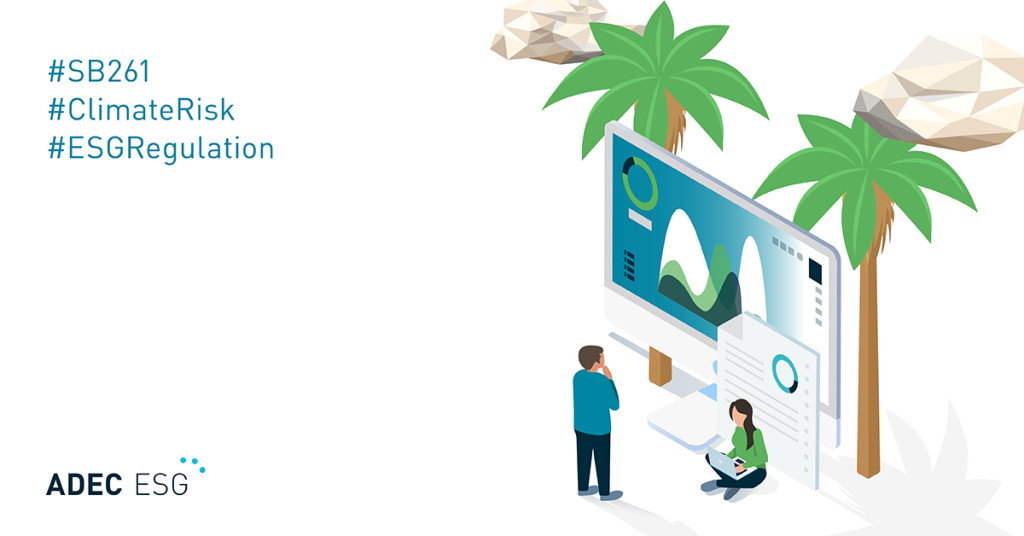
Proposed in early 2023 and passed later that year, SB 261 is a part of California’s larger Climate Accountability Package and mandates reporting on climate-related financial risk.
CDP and ISSB Alignment: What May Change and How to Prepare

CDP is making some big updates to its questionnaire this year. How might alignment with IFRS S2 change the way you disclose, and what can you do to prepare?
Private Sector Resiliency: ESG Insights and Opportunities for an Evolving Landscape (Webinar Recap)
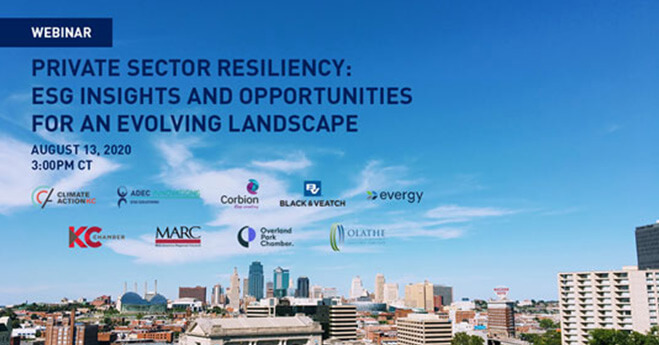
Environmental, social, and governance (ESG) are vital parts of businesses across all industries, as there exists a growing demand for businesses to measure and manage corporate sustainability and build resiliency worldwide.
Webinar Recap: Responding to CDP During Times of Global Crisis
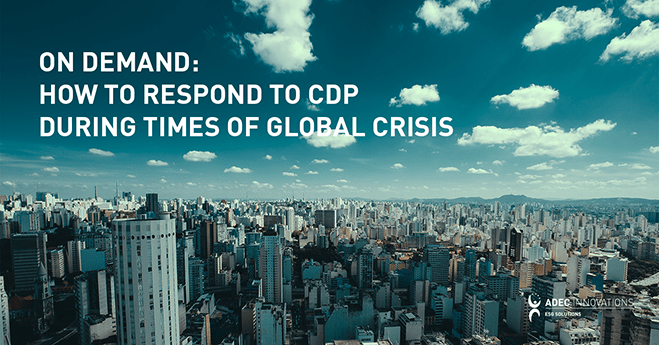
The current pandemic has propelled resiliency and sustainability to the forefront for companies and other organizations as they adapt, adjust, and evaluate how they do business amidst global disruption.
The Importance of Climate Risk Disclosure for Business

With the effects of climate change becoming increasingly pronounced, disclosure of climate risks is critical for businesses. Failure to make a disclosure can facilitate poor investment decisions, asset losses, and the continuation of trade practices that lead to climate change.
The Importance of Supplier Risk Management

Maintaining a good relationship with suppliers is important for organizations. How good is your relationship with your suppliers? Suppliers play a significant role in an organization’s supply chain.
Background into Risks and Opportunities (Part 2)
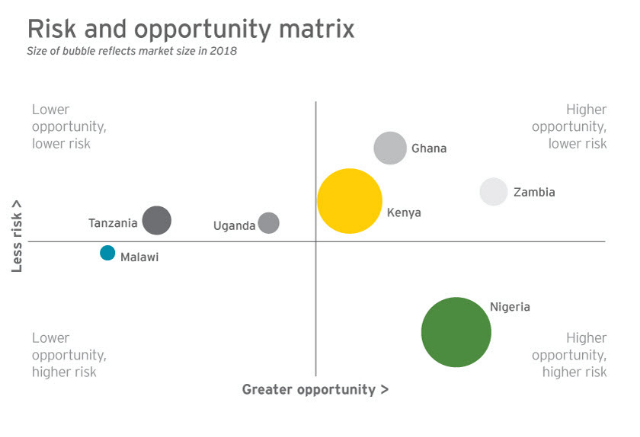
A comprehensive understanding of the whole value chain and the three spheres of sustainability – environment, social and economic – may be helpful in identifying the drivers of risks and opportunities. Public reporting sources such as CDP are educational and can help lead companies to examine and evaluate risks and opportunities.
Background into Risks and Opportunities (Part 1)
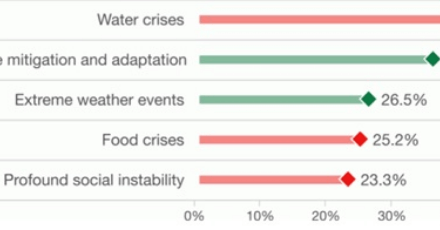
According to the Dow Jones Sustainability Index (DJSI), “Corporate Sustainability is a business approach that creates long-term shareholder value by embracing opportunities and managing risks deriving from economic, environmental and social developments.” How we identify the drivers, and manage risks and opportunities plays a big role in influencing corporate sustainability.
The Impact of a Risk Management Plan

Even the most meticulously planned project can run into hot water. No matter how carefully laid your plan is, it can encounter unexpected issues you may not be prepared to handle. How should you operate in these unpredictable situations?